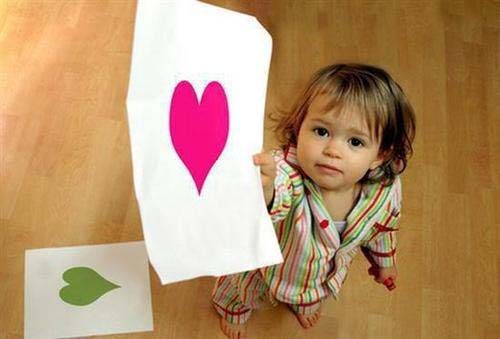
To successfully integrate orphans into society, Qatar must allow them to become part of the families who take guardianship of them, provided it is done in an Islamic way, officials of the Qatar Orphans’ Foundation (Dhreima) said this week.
Dhreima, which turns 10 this year, is charged with caring for the children of disintegrated families or unknown parentage in Qatar until they turn 18.
Currently, officials say there is a long waiting list of families in Qatar willing to take care of these children, but there are no set policies governing that care, and that must change.
Tricky issue
In the Muslim world, the caring of orphans has historically been viewed as a custodianship, instead of an adoption, so as not to muddle lineage and inheritance issues. This has become more difficult in modern times, for example, because children who don’t know their family name must be given a new one for legal reasons.
Because the Prophet Muhammad was an orphan, and Islam elevates those who care of these children, many Muslim scholars in the West have called for a revisiting of the old rules so that guardians can serve “the greater good.”
Qatar also appears to be grappling with the question of how to care for orphans while adhering to Islamic edicts.
The Peninsula reports:
Qatari laws allow for orphans to acquire the nationality of Qatar, Ali Ahmed Al Khinji, a legal expert, told this newspaper.
However, he said, because Islam did not allow adoption as in the West, regulations were needed on giving the family name to adopted children, irrespective of their parentage. “Adoption is not allowed in Islam. You can adopt a child to raise him, but giving him your name is not allowed. This is where the law needs regulation,” Al Khinji said.
In the past, Dhreima has been tight-lipped with the media about its policies and the children it has cared for. But it now appears to be breaking from this policy.
This week, Dhreima officials gathered at a workshop that focused on getting the media to dispel negative stereotypes of orphans. On television, for example, these children are often depicted as the product of illicit relationships.
Such perceptions, particularly in the Arab world, have been an obstacle to the integration of the region’s 44 million orphans, said Dr. Khalifa Al Mohrezi, a specialist in family training and human resource development, as reported by the Peninsula.
Thoughts?
Credit: Photo courtesy of Dhreima on Facebook







